This post is sponsored by Shameless Pets.
Dogs, like the humans that care for them, have unique and important dietary needs. For this DJANGO Dog Blog article, we partnered with popular U.S.-based pet treat brand Shameless Pets to offer a comprehensive overview of our four-legged furends' specific nutritional requirements. By better understanding how to offer our pups a balanced diet, we can ensure they live their longest, happiest, and healthiest lives by our sides.
Key Elements of Good Canine Nutrition
Dogs need a well-balanced diet with the following building blocks:
- Protein
- Fat
- Carbohydrates
- Vitamins
- Minerals
- Water
Dog Nutritional Requirement Percentages
There are many different perspectives on the right ratio of protein, fat, and carbohydrates in a dog’s diet, but the team at Fetch by WebMD state that an adult dog’s diet should deliver:
- At least 10% of its calories from protein
- At least 5.5% from fat
- No more than 50% from carbohydrates, which can include 2.5 - 4.5% of total calories from fiber-based nutrients.
Recommendations may vary if you have a puppy or senior dog since the number of calories often varies substantially based on dog age. The National Academies, for example, believes puppies should receive twice the caloric intake as a similar-sized adult dog; senior dogs, roughly 20% less than an adult dog of the same weight), not to mention size and activity level.
Important Vitamins and Minerals for Your Dog
Vitamins and minerals are naturally present in many foods dogs eat, and typically it is unnecessary to provide your dog with supplements if you are feeding him or her a nutritionally-balanced and high quality dog food. Some of the most important vitamins and minerals for dogs include:
- Vitamin A
- Vitamin D
- Vitamin E
- Vitamin K
- B-complex vitamins
- Calcium
- Phosphorus
Water and the importance of hydration
The typical dog should drink around one ounce of water per pound weighed per day, according to the Emancipet Clinics. This means that a 10-pound dog should drink somewhere between half and three-quarters of a typical 16.9 ounce water bottle, while a 60-pound dog should drink closer to 4 of them.
If your dog doesn't seem to be drinking enough water throughout the day, consider adding a few more drops to his or her breakfast and dinner bowl.
What about doggy treats?
Dog treats can certainly be part of a balanced diet, although they should never take the place of high quality and nutritionally-balanced dog food. To ensure your pup is getting the highest quality calories from treats, consider reputable doggy treat brands like Shameless Pets.
Shameless Pets offers a varied selection of high quality, protein-packed, and drool-worthy dog and cat treats. All treats are made with natural and nutrient-rich ingredients such as chicken, duck, sweet potato, blueberries, banana, apple, and more.
Benefits of Good Canine Nutrition
Why is good nutrition important for dogs? With a well-balanced diet, your dog will be able to maintain a healthy weight, have plenty of energy, and realize several other health advantages throughout his or her life. Here we outline the benefits of proper canine nutrition and also highlight our favorite Shameless Pets dog treats that support these key qualities:
- Healthy skin and coat. The condition of your pet's skin and coat is a good indicator of his or her health. To support skin and coat health, look for high quality pet foods rich in fatty acids (omega-3s and omega-6s). Examples of these omega-rich foods are salmon, eggs, flax (as found in Shameless Pets' Applenoon Delight Soft Bites), and coconut (a key ingredient in these Chick’n Colada Jerky Bites).
- Hip and joint support. Some popular dog breeds are prone to hip dysplasia and other joint issues, including German shepherds, Rottweilers, golden retrievers, and Labrador retrievers. To promote canine hip and joint support and help keep your dog moving well, look for Glucosamine hydrochloride (found in Shameless Pets' Lobster Roll Over Soft Bites), omega-3, chondroitin sulfate, and even dog-friendly CBD oil.
- Maintaining strong bones. Just like humans, dogs need calcium, vitamin D, and phosphorus to help them maintain strong bones into their senior years. In addition to feeding your pup dog food with high quality animal proteins (meat, fish, eggs), make sure any treats you select are also supportive of bone health. Shameless Pets' Break An Egg Soft Bites are a good treat to consider.
- Good digestion. Did you know that dog stomachs take roughly twice as long to digest foods as our human stomachs? To promote better digestion in your pup, consider foods with pumpkin and miscanthus grass. Both of these are found in Shameless Pets' Pumpkin Nut Partay Soft Bites and Duck, Duck, Beet Soft Bites.
- Fresh breath. Brushing a dog's teeth isn't always easy! If your puppy or adult dog resists teeth brushing—like our pup Django did for the longest time—here is a great video tutorial to help your dog get used to teeth brushing. In addition to regular brushing, mint and parsley help our four-legged family have a better-smelling (and healthier) breath. Shameless Pets' Blueberried Treasure Soft Bites contain both of these ingredients and are a great option to promote fresher doggy breath. Dental sticks like these are another great option. In addition to promoting nicer-smelling breath, they help strengthen your pup's teeth.
- Immunity management. A balanced diet with appropriate vitamins and minerals will support overall dog health and immunity management. Vitamin E is particularly important for the canine immune system and can be found in Shameless Pets' The Tooth Berry Dental Sticks.
Although we have all been known to spoil our canine companions on occasion, we agree with veterinarians that pet treats should be a small part of a pet’s diet. Always make sure to review the back of any pet treat bag to confirm recommended daily quantities based on your pet’s size.
–
Shameless Pets celebrates the triumphs of finding ways to waste less— transforming misfit and surplus produce into treats for cats and dogs. All Shameless Pets treats are a nutritionist crafted way to shamelessly make your pet smile and make a positive impact on the planet. You can find them on their website, many local independent pet stores, and major retailers including Amazon, Chewy, Whole Foods, Grove Collaborative, and more.


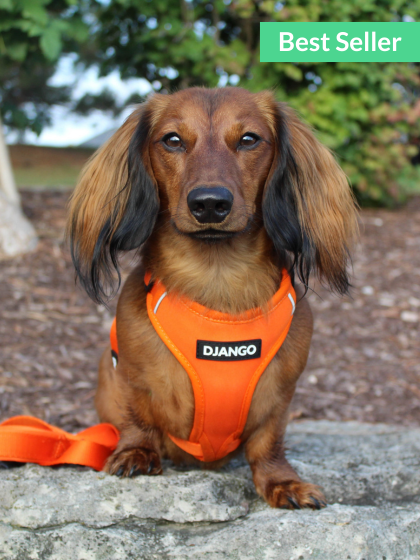
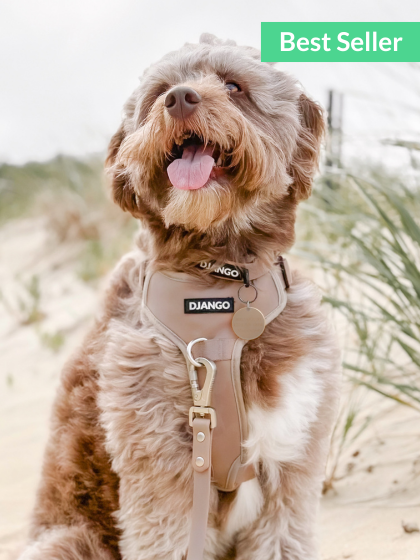


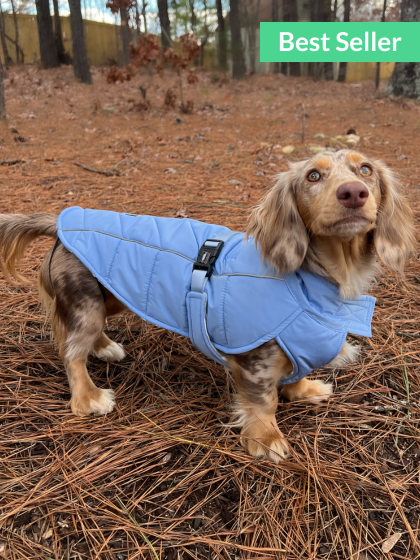
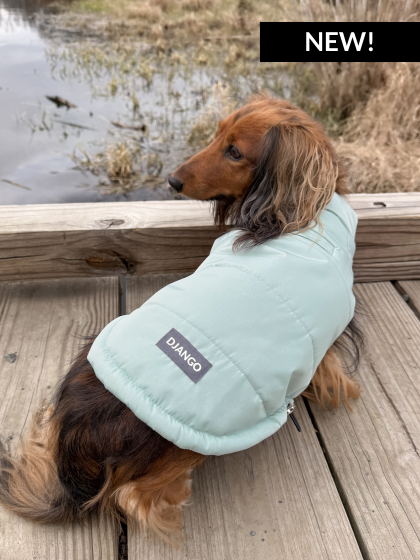
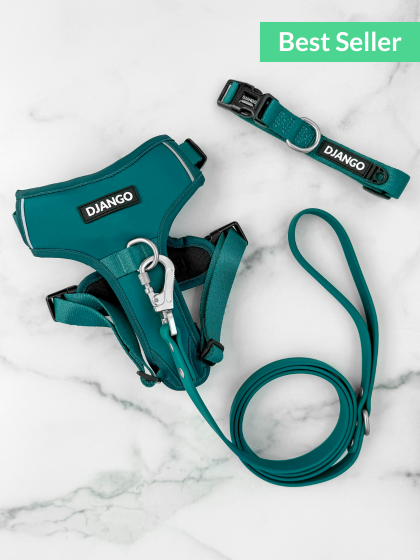
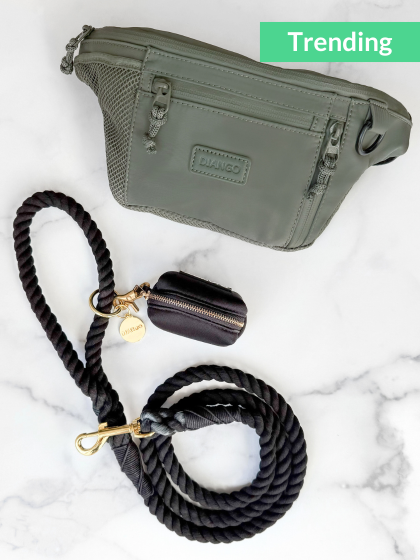
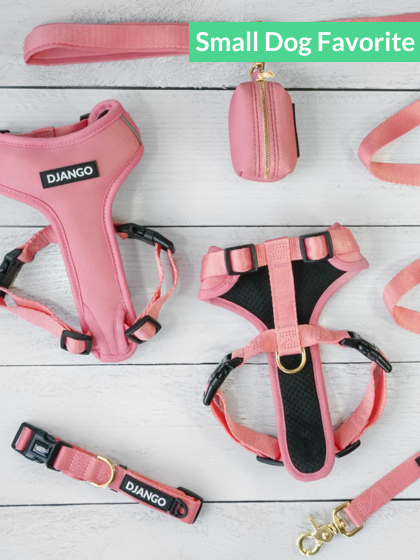
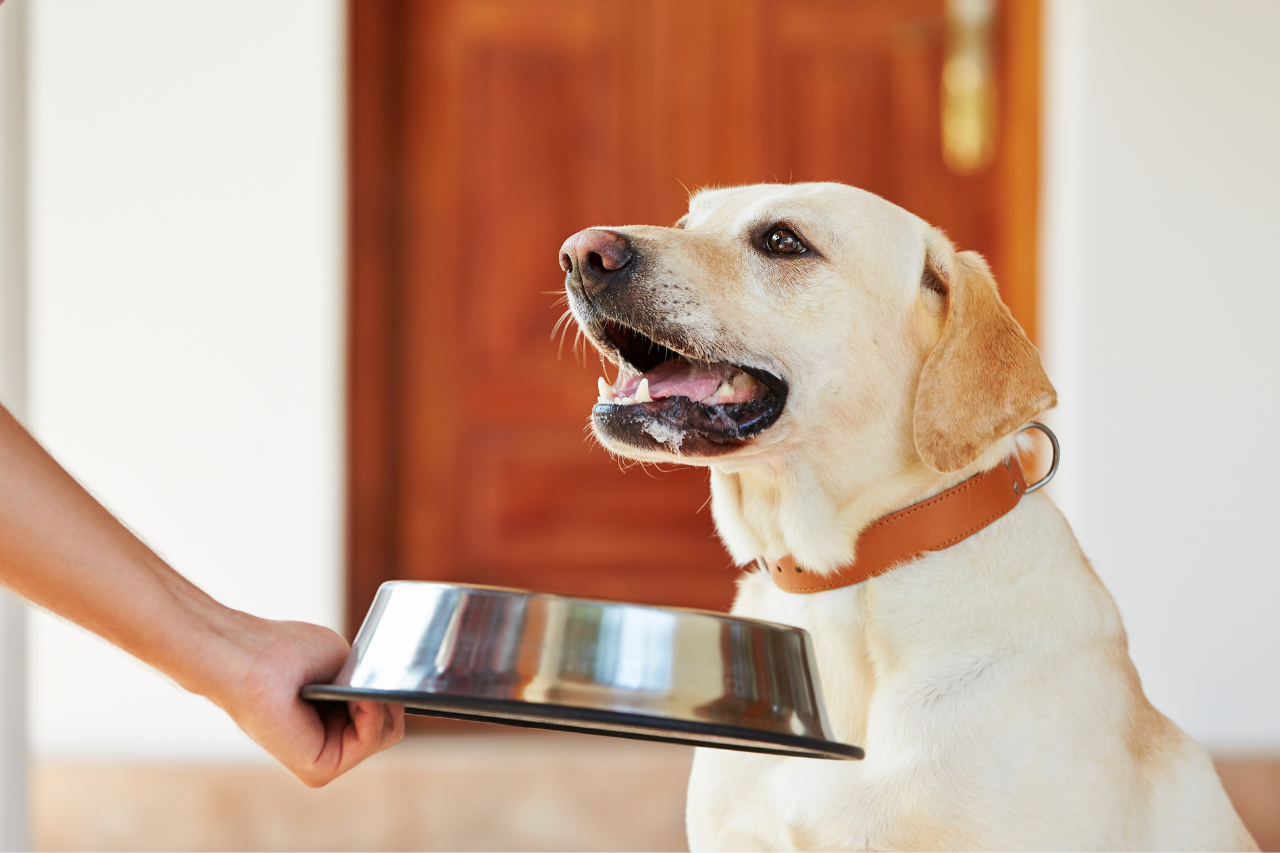


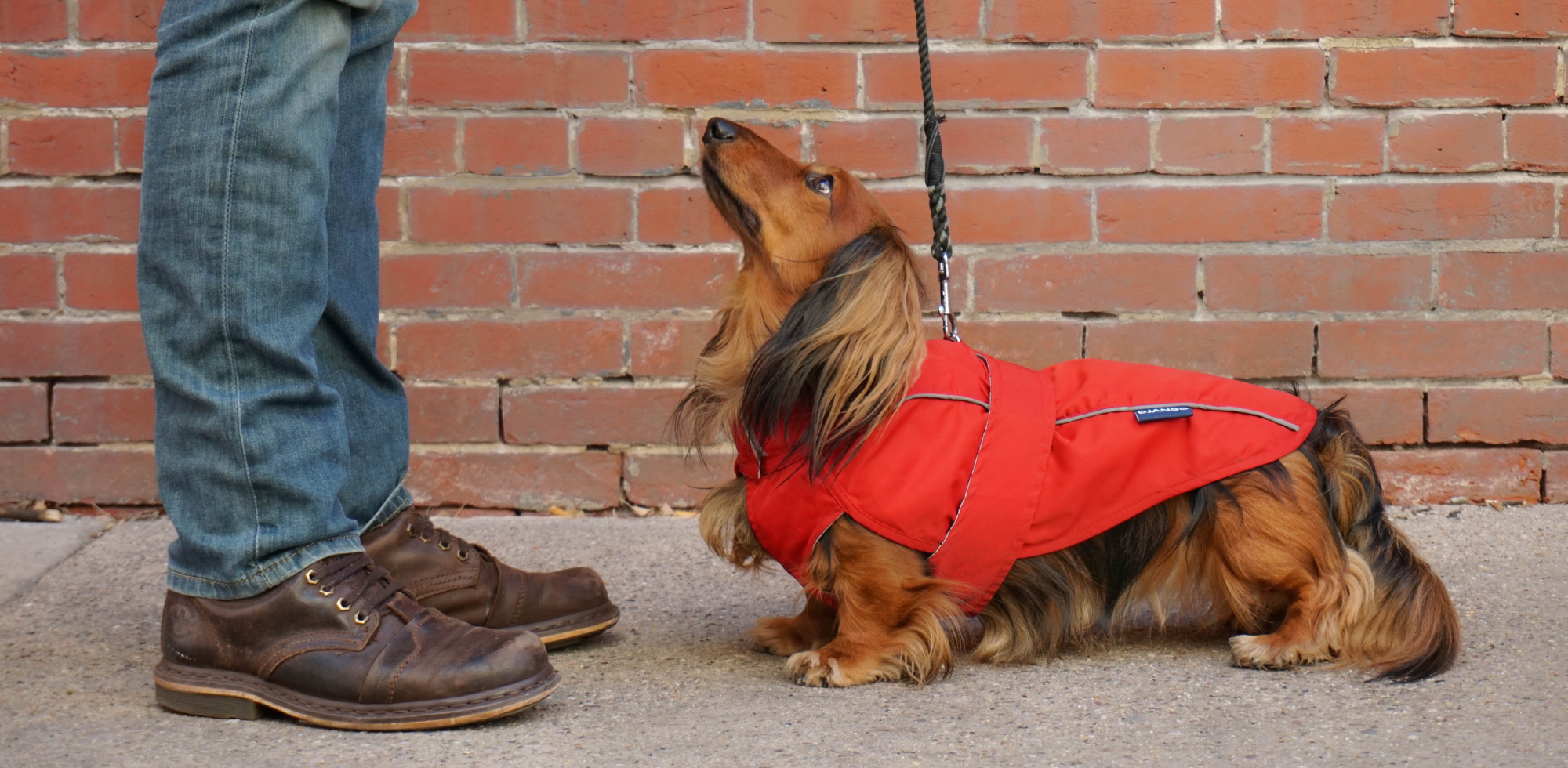
2 comments
DJANGO
@SUSAN Hello! It’s so nice to hear from you, and thank. you for the kind comments about Django and djangobrand.com!
We presently use Nexgard for flea and tick prevention and Heartgard for heartworm prevention. While we were living in NYC (most of Django’s life so far!), we only gave Django Nexgard during the warm Spring/Summer/Fall months. We lived near Central Park and took Django in the park almost daily, but Django’s playtime was pretty limited to Central Park’s walkways, sidewalks, and even baseball fields (a popular meet up for neighborhood dogs!) :) We didn’t let Django run through the long grasses of Central Park where all the city squirrels and other vermin lived… We moved to the suburbs during the pandemic and give Django Nexgard consistently now since he’s always in the grass.
Obviously you shouldn’t necessarily do what we did in NYC since it is such a unique place to live with limited wildlife and grass! I would definitely speak to your vet and see what he or she recommends with regards to preventive flea/tick and heartworm medication.
Also… worth noting that when Django was a puppy, we took him to NC and let him run around the grass and woods for days… and he got fleas! I think it was a very short trip and he wasn’t on flea/tick prevention medicine at the time. It was a nightmare, and the experience definitely changed our mindset. Now we’re much more diligent with flea/tick prevention.
I hope this helps! Thanks again for reaching out to us!
- Steph and Django
@SUSAN Hello! It’s so nice to hear from you, and thank. you for the kind comments about Django and djangobrand.com!
We presently use Nexgard for flea and tick prevention and Heartgard for heartworm prevention. While we were living in NYC (most of Django’s life so far!), we only gave Django Nexgard during the warm Spring/Summer/Fall months. We lived near Central Park and took Django in the park almost daily, but Django’s playtime was pretty limited to Central Park’s walkways, sidewalks, and even baseball fields (a popular meet up for neighborhood dogs!) :) We didn’t let Django run through the long grasses of Central Park where all the city squirrels and other vermin lived… We moved to the suburbs during the pandemic and give Django Nexgard consistently now since he’s always in the grass.
Obviously you shouldn’t necessarily do what we did in NYC since it is such a unique place to live with limited wildlife and grass! I would definitely speak to your vet and see what he or she recommends with regards to preventive flea/tick and heartworm medication.
Also… worth noting that when Django was a puppy, we took him to NC and let him run around the grass and woods for days… and he got fleas! I think it was a very short trip and he wasn’t on flea/tick prevention medicine at the time. It was a nightmare, and the experience definitely changed our mindset. Now we’re much more diligent with flea/tick prevention.
I hope this helps! Thanks again for reaching out to us!
- Steph and Django
Susan
Hello,
What a sweet website & Django is adorable. I grew up with miniature doxie’s so I have a special spot in my heart for them! We now have a 19lb Australian Labradoodle who we dearly love. My question… what do you do for flea and tick prevention? Heartworm prevention? I am curious. Ive been doing a lot of research and would love to eliminate all the chemicals but also don’t want fleas, ticks, and especially not heart worms! We live in Ohio and are taking our girl on vacation next month to FL just for a week but when I saw all your travel, I wondered if you worried about this in the different climates/areas you visited with your “baby”? :-)
Thank you,
Susan
Hello,
What a sweet website & Django is adorable. I grew up with miniature doxie’s so I have a special spot in my heart for them! We now have a 19lb Australian Labradoodle who we dearly love. My question… what do you do for flea and tick prevention? Heartworm prevention? I am curious. Ive been doing a lot of research and would love to eliminate all the chemicals but also don’t want fleas, ticks, and especially not heart worms! We live in Ohio and are taking our girl on vacation next month to FL just for a week but when I saw all your travel, I wondered if you worried about this in the different climates/areas you visited with your “baby”? :-)
Thank you,
Susan